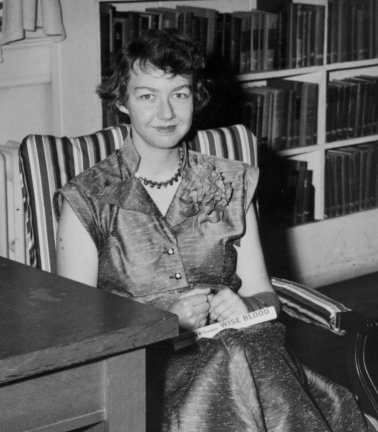 "Everywhere I go, I'm asked if the universities stifle writers. my opinion is they don't stifle enough of them. There's many a best-seller that could have been prevented by a good teacher." --Flannery O'Connor
"Everywhere I go, I'm asked if the universities stifle writers. my opinion is they don't stifle enough of them. There's many a best-seller that could have been prevented by a good teacher." --Flannery O'ConnorThis quote intrigued me because it manifests itself in American culture every day. O’Connor implies an author should strive for something more in his or her writing. An author should leave an impact on the audience. We will look at whether this statement is true, and at the underlying assumptions present in this quote.
O’Connor was all too correct when she said this somewhat sarcastic comment. In the spring of 2009, a book was released by Quirk Books which eventually reached number three on the New York Times bestseller list. The book was “co-authored” by Jane Austen and Seth Graham-Smith. The title? Pride and Prejudice and Zombies. It is essentially Jane Austen’s classic novel, in the words of the subtitle, “Now With Ultraviolent Zombie Mayhem!” It is certainly an entertaining read, but is also the kind of book O’Connor was talking about. Ironically, the “about the author” entry for Graham-Smith simply says, “Seth Graham-Smith once took a class on literature.” Indeed, the universities most likely would have stifled Graham-Smith’s writing.
While it is easy to criticize such “literature,” it may not be beneficial to society to do so. The audience of Graham-Smith was not literature professors, but the public at large. We live in a zombie-happy society. In fact a current fad in entertainment is to use zombies or zombie-like creatures in books, TV shows and movies. If such books such as Pride and Prejudice and Zombies succeed in reaching their audience and reflect the contemporary culture, should they be stifled by English professors? At a deeper level, who decides what is great literature and what is not? Is there anything inherently better about A Tale of Two Cities? It is certainly true Charles Dickens teaches us things like courage, love, and sacrifice. But, Graham-Smith teaches the same things in his novel. Is the mark of good literature simply being old? Is there inherently anything more insightful in William Shakespeare than Dave Barry, or is there some element of great literature that modern books lack?
While it is impossible to make sweeping statements, it seems there are no objective measures for great literature. Of course, there is a large amount of literature that is not worth reading. However, if a book is a bestseller, it seems that it must have something to teach the public of a nation. Thus, it can be considered beneficial to society. Flannery O’Connor was correct when she said many bestsellers could have been stifled by universities. However, she was at the least misguided and at the most wrong when she implied such books should be stifled.
No comments:
Post a Comment